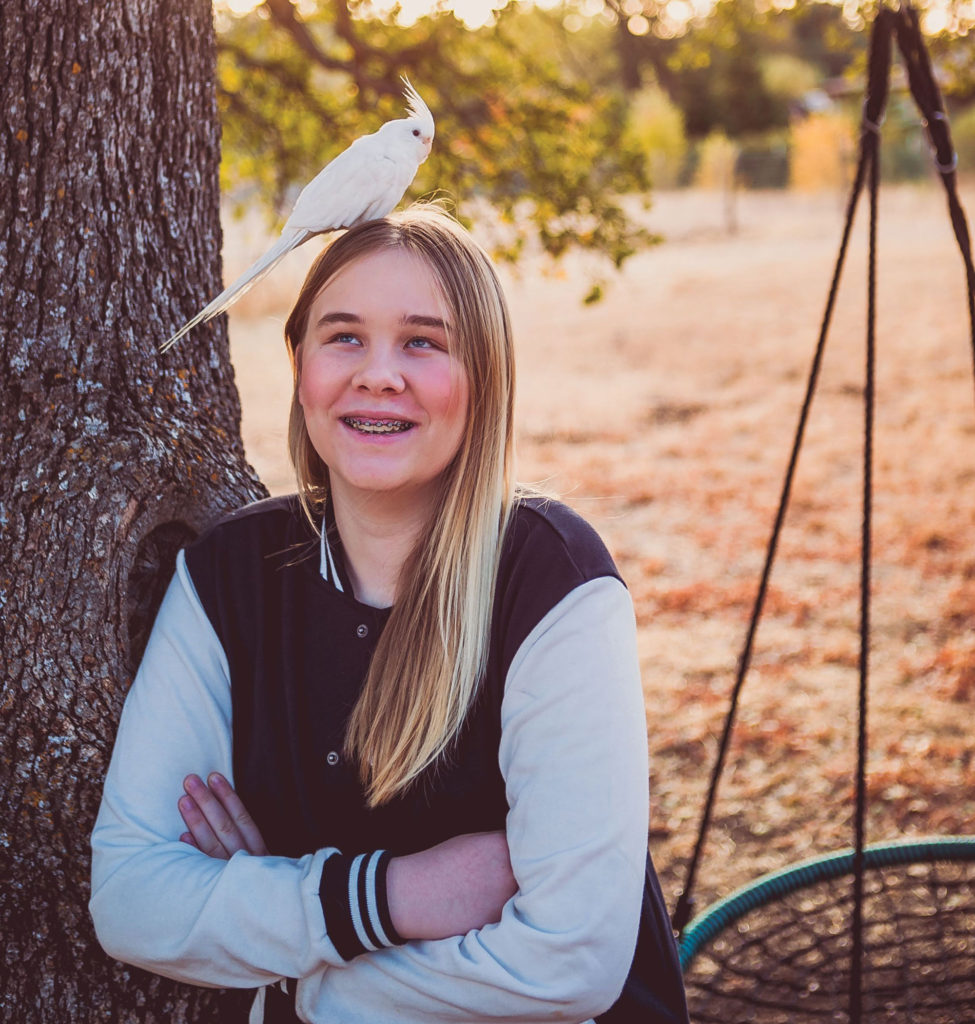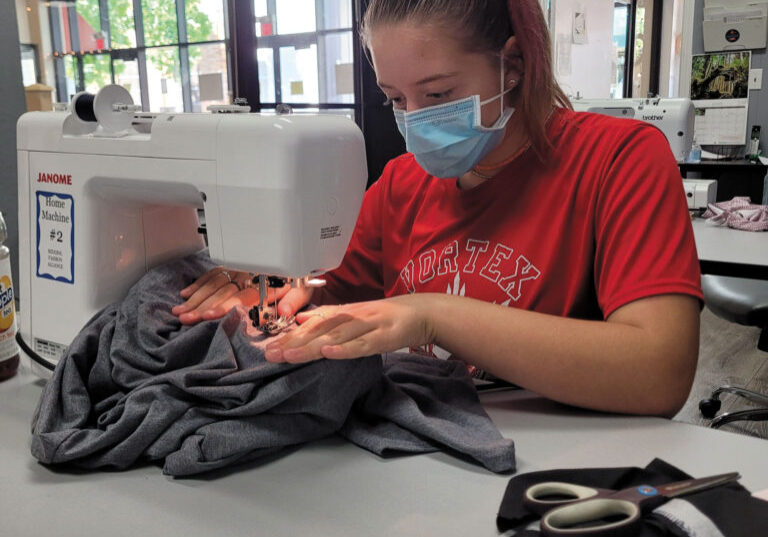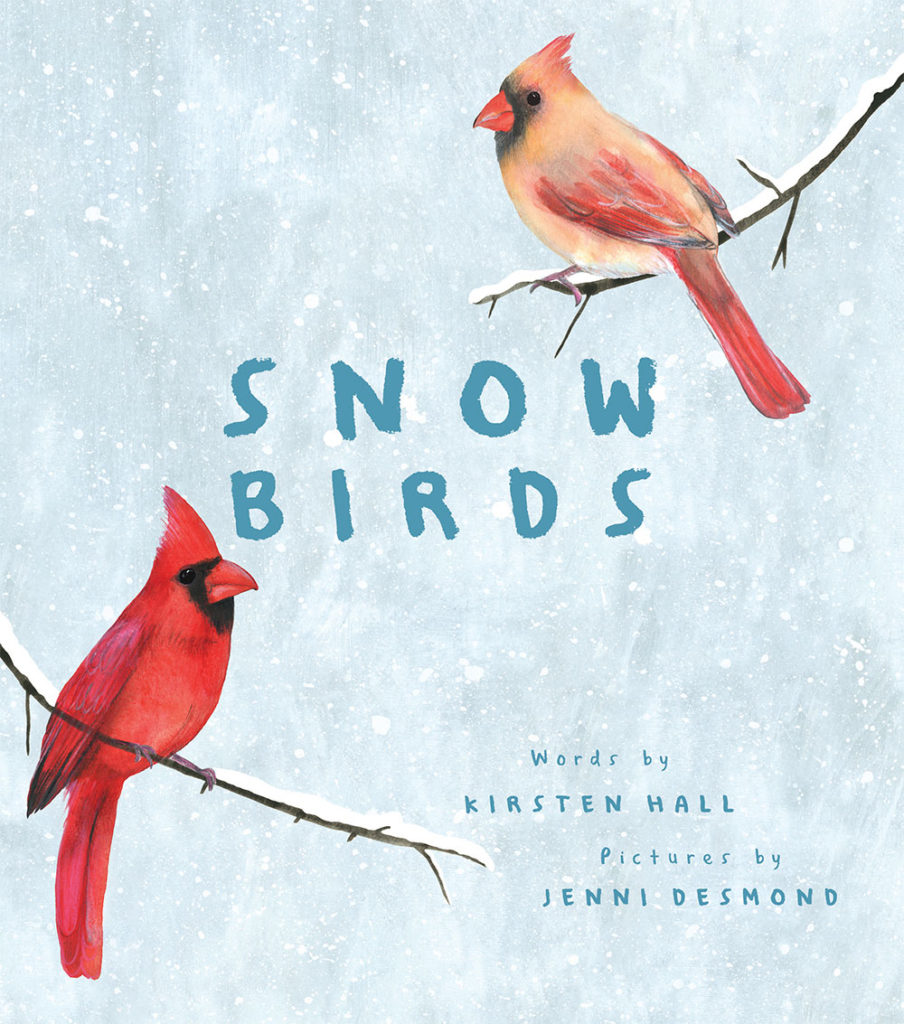
Photo by Crystal Amen Photography
Thinking of getting that cute little pair of parakeets for Christmas? Yearning to have a pet parrot that greets you when you get home?
According to Born Free, a leading international wildlife charity, the reality of keeping and properly caring for pet birds in your home may make you think more than twice. The organization has graciously shared what you need to know about caring for your pet bird. Armed with this knowledge, you can make a good decision — and either enjoy beautiful, feathered companions or simply admire them from afar.
Birds are not domesticated animals
Domesticated animals have been bred for hundreds of years to live in the care of humans and are distinct from their wild ancestors. Birds commonly kept as pets are no different from their wild relatives – they are the native species of other countries.
Birds are naturally noisy and messy
Birds continually shed “feather dust” – particles of feathers, which may aggravate asthma in some people. Many homes with pet birds have HEPA-type air filters in rooms with birds to control allergies from bird dander.
Parrots, including lovebirds, parakeets, and cockatiels, are noisy and messy and can be destructive. Vocalizing (squawking, chirping, talking) is an important part of any parrot’s social communication. Birds eat continually throughout the day, dropping and discarding bits of food everywhere. Birds are instinctively programmed to chew and shred wood, whether it is a perch, toy, picture frame, or furniture. Birds will also chew electrical cords, paper, and curtains.
And, more worrisome, chlamydiosis (psittacosis) and avian tuberculosis can be transmitted through the air from birds to humans. These diseases can cause significant illness, especially for people with compromised immune systems.
Parrots are like toddlers who never grow up
All parrots have long life spans. Depending on species, they may live 20 to 50 years or more. Caring for a bird is often a life-long responsibility. Parrots are extremely social animals, and have been compared to human toddlers in the needs of their emotional and social lives but, unlike children, they never grow up.
Birds need room to play, a varied diet, light, and sleep
Birds are active and inquisitive and must be provided with ample room to move about and play. An indoor or sheltered outdoor aviary or a flight safe room (windows covered, no cats/dogs, no ceiling fans, etc.) that will allow the birds to fly is good for exercise. Birds with clipped wings can get exercise by climbing, swinging, and flapping if provided with ample space, toys, and climbing structures.
All birds need a varied diet, not just seeds or pellets, but grains, beans, fruits, and vegetables too.
Light exposure and sleep are very important to birds. Birds need at least four hours of exposure to UVA and UVB rays from sunlight or full-spectrum lighting to provide them with vitamin D, which promotes vitamin A absorption, critical for upper respiratory health. Birds must have a minimum of 10 hours of sleep each night.
Birds need high-quality indoor air
Unlike humans, a bird replaces nearly all the air in its lungs with each breath. Because no residual air is left in the lungs during the ventilation cycle of birds, they transfer more oxygen and more pollutants during each breath. Birds should never be exposed to tobacco smoke, chemical fumes (hairspray, cleaners, etc.), or Teflon coated materials. Exposure to some toxic inhalants can cause immediate death; chronic exposure to other toxic inhalants can lead to premature death. High-quality indoor air is a must.
Birds need specialized veterinary care
Birds need veterinary care from a veterinarian that specializes in birds. Proper vet care for birds can be expensive. Your vet will probably recommend a complete examination and diagnostic tests when you first acquire your bird, as well as annual well-bird examinations.
 Snow Birds – A Book For Young Readers
Snow Birds – A Book For Young Readers
With its poetic descriptions and charming illustrations, SNOW BIRDS is a good wind-down bedtime story and picture book for young readers aged 4-8. In the North State, many of our feathered friends stay through the winter, braving the occasional snow and delighting us with their songs. Children may find some of our local birds in these pages, along with many others who just love the cold weather.
Posted in: Animals, Youth & Teen
Comment Policy: All viewpoints are welcome, but comments should remain relevant. Personal attacks, profanity, and aggressive behavior are not allowed. No spam, advertising, or promoting of products/services. Please, only use your real name and limit the amount of links submitted in your comment.
Trackbacks
Leave a Reply
You Might Also Like...

Some Like It Cold! – An Interview With Open Water Swimmer Hunter Wright
Open water swimmer Hunter Wright recently turned 17. He trains in the challenging waters of the San Francisco Bay; to date he has completed 20 Alcatraz crossings and 8 Golden […]

Building Good Communication with Your Children
Communicating can be a challenge in any relationship and when it comes to our kids it can be challenging to get them talking, especially when it comes to difficult topics. […]

The Art of Fashion
Fashion is more than a runway show or styling the perfect Instagram selfie. It is sewing skills, pattern making, textiles and more. Fashion is an industry, one that Redding Fashion […]

Volunteering For A Haven
As a Shasta High School student planning for my future, I found volunteer work to be an essential part of my application for college admission. After conversations with my friends, […]


 Snow Birds – A Book For Young Readers
Snow Birds – A Book For Young Readers

[…] children. Salmonellosis and allergies also pose risks. Follow child-friendly parrot care guidelines from experts to reduce […]